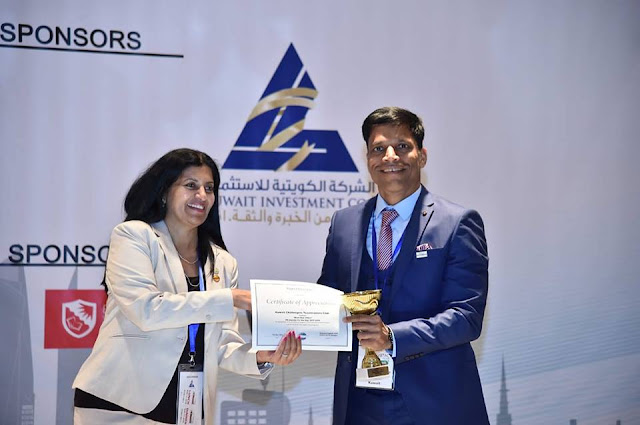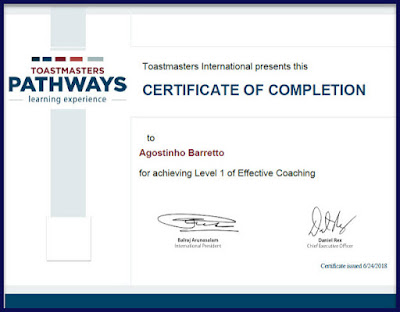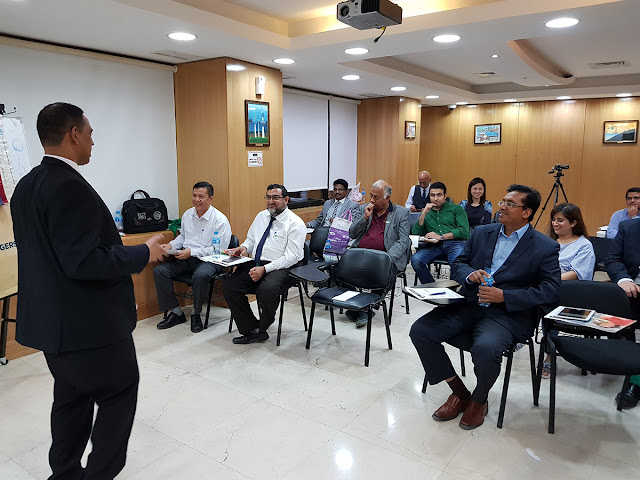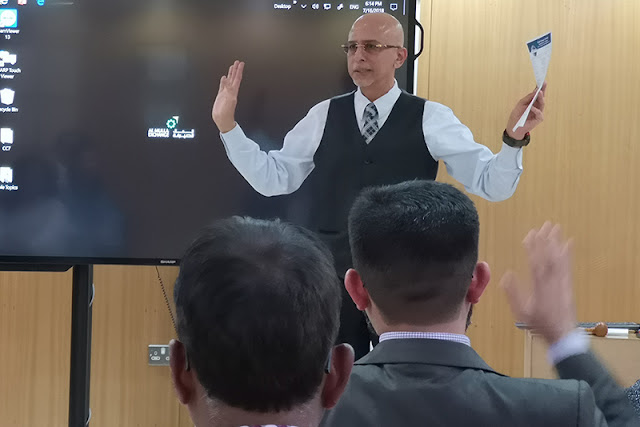L3-P1: Building Consensus
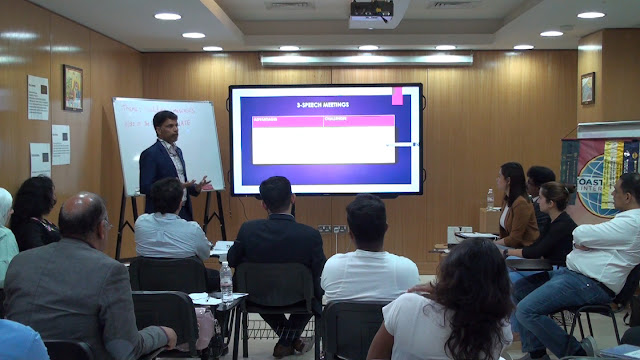
" A genuine leader is not a searcher for consensus but a molder of consensus. " - Martin Luther King, Jr. The first project in Level 3 of Effective Coaching is a workshop on 'Building Consensus'. This is the first serious project in Pathways from the Effective Coaching Path. Instead of delivering a speech, the project expects the member to choose an idea and work with a group to get their buy-in for the idea. During the process of reaching consensus, group members work together to form an agreement that is supported by all parties. This method of decision making promotes participation and a greater sense of ownership in both the process and the outcome. A member can complete this project using 2 different methods. The choice of method is up to the member. Method 1: Apply the techniques of consensus building by leading a group of people at a club meeting in 20 minutes. Choose a topic that will offer you and the group a challenge but avoid ...


